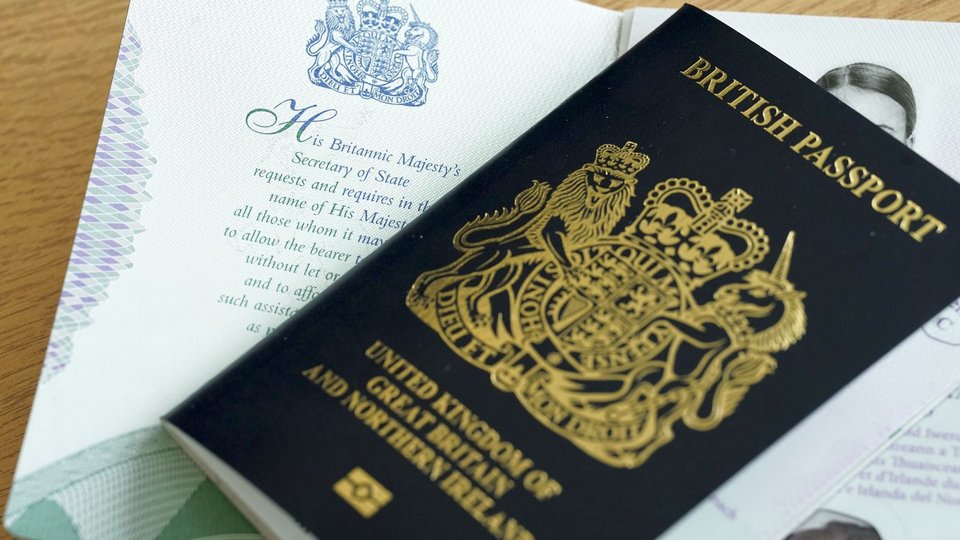
The British prime minister’s latest weekend moves to mend a “broken” immigration system will have virtually no impact on Thai nationals. The reported future requirement for “all” visa applicants to pass an English language exam is misleading: it won’t apply to visit or tourist applicants who comprise about 90 percent of all Thai visa applicants to the UK.
In 2023, the last year for which official statistics are available, 56,542 visit visas were granted to Thai nationals. The main requirements, unchanged under Keith Starmer’s announcement, are compelling reasons (secure job, property ownership, child dependents etc) why the applicant will return to Thailand post-vacation. Only about 6,000 other visas, mostly settlement or family, were granted to Thais. That is a tiny proportion of the numbers awarded overall.
About 1,000 UK settlement visas are issued to Thais annually, mostly to Thai wives and her Thai-nationality children. The English language exam, A1, is routine although Starmer has warned that applicants for British nationality following a 10 year stay may require a higher level language qualification. Under this visa, adult Thai spouses can work in the UK and there are no proposals to curtail that right.
The UK awards annually around 4,500 students visas to Thais which are not targeted in the latest proposals. About 1,000 work visas are granted to Thais every year – provided they fulfill stringent requirements – but they could be affected by the proposal that their family members (if wishing to stay in UK) will need to pass a language test for the first time. Incidentally, companies running care homes have been told that no new work permits for foreigners overseas will be available.
Critics say that the latest British government proposals are a reaction to the surge in the polls for the resurgent Reform party. They add that the reforms are largely for propaganda purposes and that the only effective way to curb legal immigration is by a cap on every longstay visa category. In any case, the details cannot become law without parliamentary approval which pushes the actual implementation into 2026.










